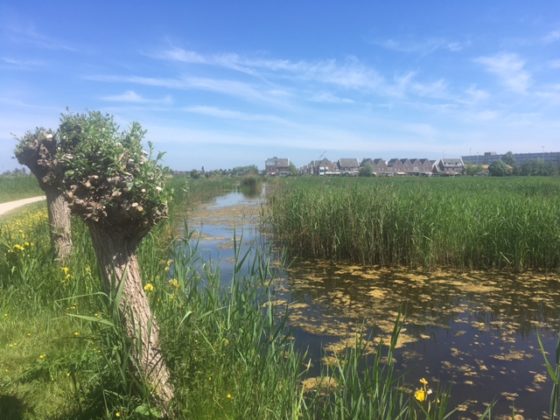Dutch are failing to tackle biodiversity loss, despite spending €11bn


The Dutch government has invested €11bn on improving and supporting the Dutch countryside and nature reserves since 1990 but to little effect, Trouw reported on Thursday.
The paper bases its claim on an analysis of reports as well as interviews with experts and natural heritage organisations.
‘The ambitions have never been realised,’ Groningen University professor Hans Olff told the paper. While more ‘nature’ has been created, the landscape is too fragmented, and more cohesion is ‘crucial to keep plants and animals in a small country like the Netherlands,’ Olff said.
One failure is that of efforts to protect the black grouse, which has become virtually extinct because heaths being turned into farmland. However, the EU reached an agreement 30 years ago that the number of species should not be allowed to reduce further, the paper said.
Last month ecologists from Wageningen University warned that some 70% of plant and 40% of bird species will disappear from the Netherlands.
And the World Wildlife Fund said in February wildlife populations in the Netherlands have halved in the last 30 years, largely due to nitrogen pollution.
The WWF said this shows the affected areas can recover, but only if farmers can be persuaded to switch to a more environmentally friendly way of practicing agriculture, and if and nature reserves are made more resilient by connecting them together.
Thank you for donating to DutchNews.nl.
We could not provide the Dutch News service, and keep it free of charge, without the generous support of our readers. Your donations allow us to report on issues you tell us matter, and provide you with a summary of the most important Dutch news each day.
Make a donation